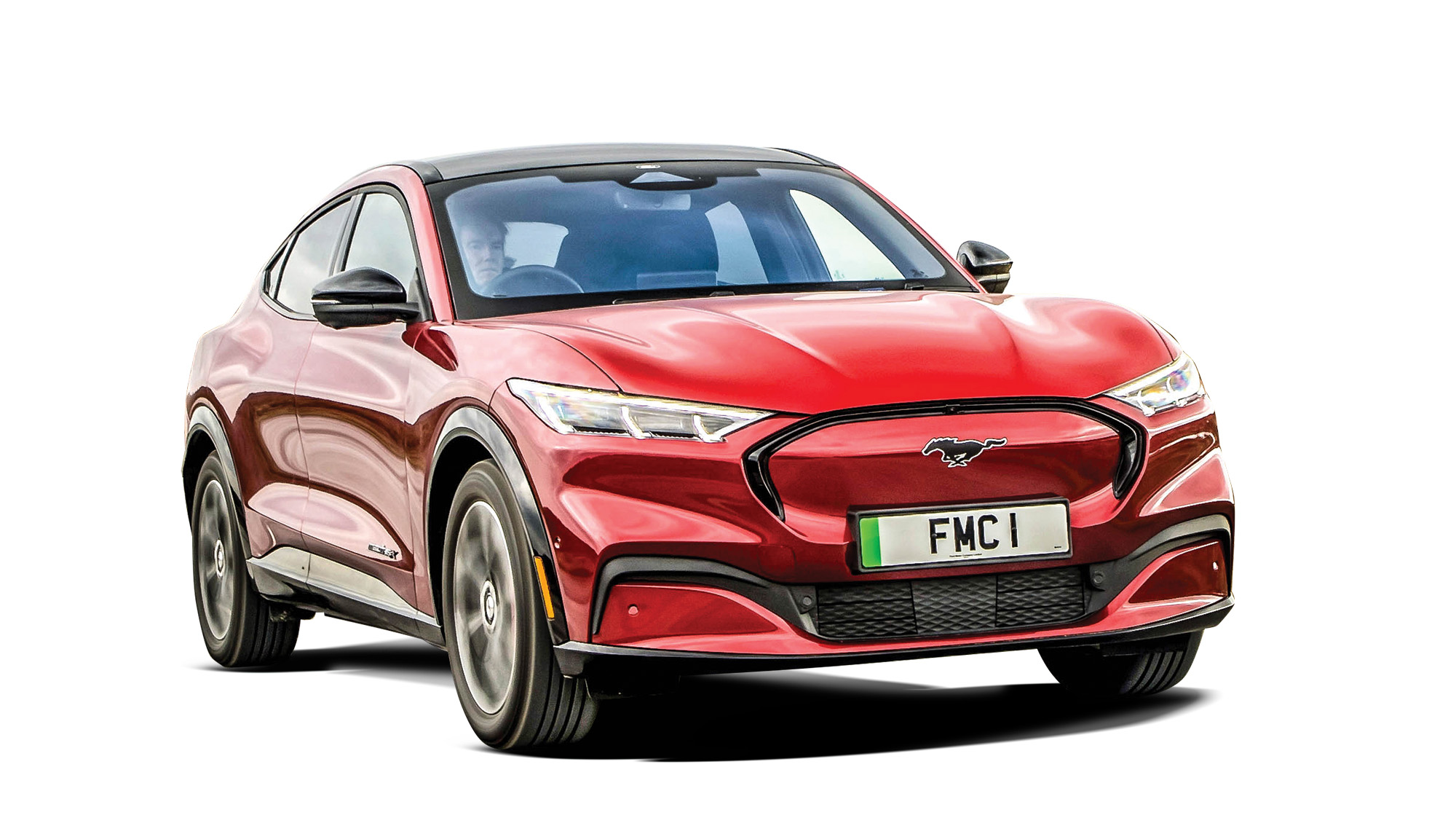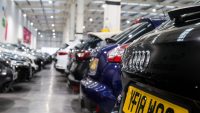For the past six months I’ve been driving a Suzuki.
Not words I thought I’d ever say, but there we have it.
It’s a Swace – a car I’ve never really paid much interest in. But since living with one, I’ve discovered it’s a car that is loved by taxi companies and people who love a bargain.
It’s so amazingly frugal, and despite the rather plain-Jane looks, it’s nice to drive and is an all-round excellent car.
I say it’s bought by people who love bargains because, as we all know, the Swace is really a Toyota.
It’s a Corolla without – and I can’t believe I’m saying this, considering some of the woefully dull Corollas in the past – the style or the panache.
I don’t care that it’s really a Toyota in disguise, but this month something dawned on me that I think is rather alarming – and it’s do with its origins.
The reason why Suzuki pinches some Toyotas and puts its own badges on them is mostly due to the need to have more hybrids in its range. Like all carmakers, Suzuki needs to keep an eye on CO2.
But there’s a big problem…
Subaru has a similar partnership with Toyota. However, instead of it taking the Corolla hybrid and RAV4 PHEV like Suzuki has, it has bagged Toyota’s bZ4X electric crossover.
Suzuki currently has no fully electric cars on its books, and that’s a problem when 22% of its sales need to be EVs this year.
Now, I need to be straight here. The bZ4X has hardly been the sales success Toyota would have wanted.
Autocar said in a recent piece that Toyota dealers had shifted just 14 of them in October, but there are more EVs from Toyota on the way.
For Subaru, the figure will likely be even less, but at least it’s a start.
Suzuki will leverage that Toyota love-in, though, and use some of Toyota’s expertise with EVs in the near future.
It showed off a small, fully electric crossover last year that will likely arrive in 2025 or thereabouts.
But it means that this year, Suzuki will be handing over bags of money in fines to the UK government for not meeting that strict 22% quota.
Suzuki isn’t alone. JLR won’t have its first EV, the electric Range Rover, on sale until next year, so it too will be slapped with fines, while Ford won’t be able to sell enough Mustang Mach-Es to avoid the government’s naughty step. There are a few others as well.
What does this all mean then?
Well, some carmakers will just have to suck it up and hand over the readies, knowing that their future electric models will save them in the future.

Ford won’t be able to sell enough Mustang Mach-Es to avoid the government’s naughty step, reckons Batch
But others might have to be a little bit underhand.
We could see scores of pre-reg EVs appearing on dealer forecourts – new cars that have only been registered just to hit that 22% mark.
Good news for used car buyers, as there could be cheap EVs around, but not good for the market.
That’s as maybe, but the thing that leaves a nasty taste in my mouth is some customers will be pressurised into going electric when they don’t want to.
One car manufacturer boss told me privately that there will be customers coming into one of his showrooms to buy a brand-new petrol car and they’ll be wooed by the salesperson to go electric. They have to, as the fines, for this OEM, will be crippling.
The carmakers, it would seem, are stuck between a rock and a hard place.
It might be fine if there were hordes of private buyers out there willing to buy an electric car, but I’m not sure there are…
This column appears in the current edition of Car Dealer – issue 191 – along with news, reviews, interviews, features and much more! Read and download it for FREE here!


































